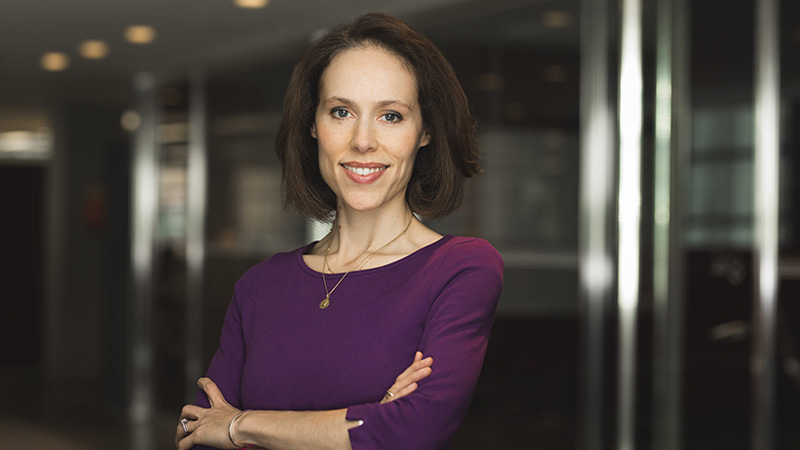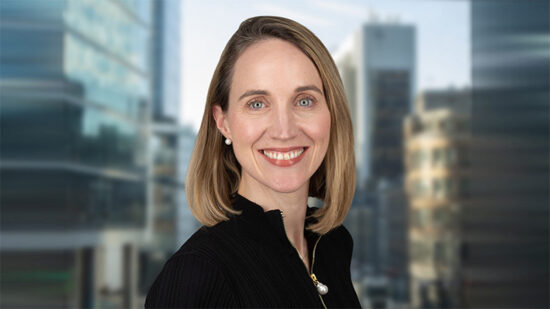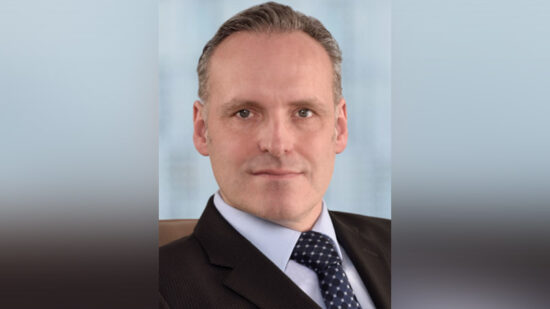Some 1,600 funds using sustainability-related or ESG terms in Europe could be forced to divest from stocks or rebrand under new labelling requirements issued by the European Securities and Markets Authority (ESMA).
A Morningstar Sustainalytics report assessed the potential impact of the ESMA guidelines on the EU ESG fund name regulations and found a universe of 4,300 funds with ESG or sustainability-related terms in their names that may fall in scope of the new guidelines.
Of the 2,500 funds with stock-holding data, the report said 1,600 are exposed to at least one stock potentially in breach of the Paris-Aligned Benchmark (PAB) and Climate Transition Benchmark (CTB) exclusion rules when they come into force on 14 May 2024. This represents a significant number (two thirds) of funds that may need to consider to either divest from the stocks or rebrand, Morningstar Sustainalytics said.
If all these funds decide to retain their names, stock divestments from industries such as energy, industrials and basic materials could amount to as much as $40bn, the report calculated. The most impacted countries as a result of this divestment would be the US, France, and China, in terms of market value, but China, US, and India in terms of number of companies, the report said. Meanwhile, the most affected stocks would include TotalEnergies, Tencent Holdings, Ecolab and Shell.
The report added due to the “stringent nature” of the PAB exclusions, many funds are expected to drop ‘ESG’ and related terms from their names, while some will reposition as transition funds, where less restrictive CTB exclusions apply, provided they can demonstrate a clear and measurable transition path. Further, Morningstar Sustainalytics said only 56% of funds with the specific term ‘sustainable’ in their names – at best – would be able to keep the term if the minimum threshold for a “meaningful” allocation to sustainable investments is set at 30%.
“While it is impossible to predict the full impact of these guidelines, we expect their implications to be significant. They have the potential to completely reshape the ESG fund landscape in Europe, with potentially thousands of ESG funds changing names and/or adjusting their portfolios to comply with the new rules,” explained Hortense Bioy, head of sustainable investing research at Morningstar Sustainalytics.
Bioy added: “It may be tempting to assume the big reshuffle ahead means many ESG funds may have been greenwashing. But the reality is that up until now, there were no standards, and it’s a complex area. The guidelines have the benefit of setting minimum standards for ESG products and will hopefully bring greater clarity to investors on what they are investing in.”
‘Four hats’ for asset owners
Elsewhere, institutional asset owners are finding themselves in the middle of “an increasingly volatile and fragile global market ecosystem”, according to the latest phase of Morningstar’s annual Voice of the Asset Owner survey.
Despite these difficulties, asset owners are “resolutely adhering to their fiduciary duty” while balancing key stakeholder demands, regulatory pressures and market challenges, the survey suggested.
Now in its third year, the survey explored topics such as investment objectives and policies, views on current and future investment trends and the impact of regulatory change.
As part of this research, Morningstar said that “certain unifying characteristics came to light”, leading them to categorise them under four different ‘hats’.
Firstly, the research shows a majority of asset owners view themselves as ‘universal owners’, meaning they hold diversified portfolios representing a significant portion of the market. As such, they cannot easily diversify away from external risks like climate change, biodiversity loss and geopolitical events, leading many to pursue an engagement-oriented approach.
China’s rising impact on the global stage was highlighted as a particular concern, with one European corporate pension fund stating: “We are already more cautious on investing in emerging markets, especially in China. The country is popping up as a red flag more frequently. I expect in the near future we will only invest in emerging markets through active mandates, not via passive mandates.”
Asset owners are also finding their roles and responsibilities are becoming more complicated, with an increase in the importance of managing communication with key internal and external stakeholders a common theme. Administrative complexities are also adding challenges to their daily operations.
Elsewhere, Morningstar extended the dialogue around ESG-related investment strategies and found the definition of materiality clearly varies based on the type of plan and where the asset owner is located. European asset owners view materiality as implying the pursuit of financial returns to benefit key stakeholders while also engaging more broadly to consider the ESG impact of investments. Conversely, US asset owners put financial materiality in centre stage, with ESG impact thought of as a related benefit rather than a main determinant of where and how to invest.
Despite this, focus on ESG factors is increasing across the board, with respondents indicated over the last five years, ESG has become more material to their investment considerations – a trend they expect to continue.
Finally, in terms of perceived gaps between the solutions asset owners need and what is currently available to them, they indicated the data and tools are improving but are not yet where they need to be.
One US corporate pension fund noted: “The availability of products is market-drive and the market will respond to what perceived needs are. Ideas will get tested and some of it will hit the market. Some of it will fall flat. So, I think sufficient, yes. Is it a rich and varied and wonderful marketplace? No. Is it an adequate marketplace? Yes. So, for us, having better reporting, better data on the impact of what we’re doing will be the elements that we really want to see in the products we’re going for.”








